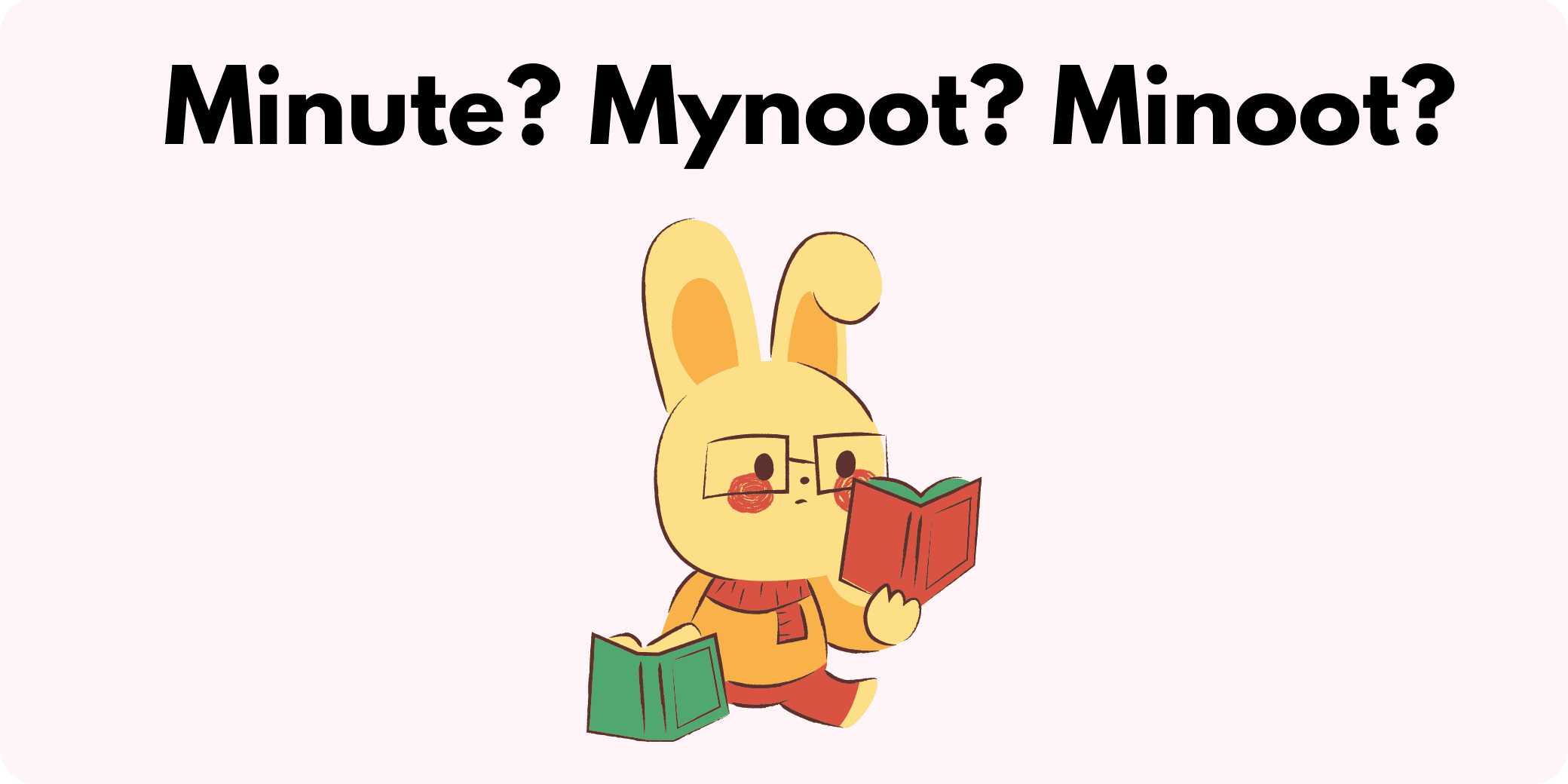Jist or Gist?
Many colloquial or slang terms get thrown around in professional circles, especially if used verbally. One great example of this is the word “Gist.” Or is it “jist?”
Let’s give you the gist of it:
- “gist” is the correct spelling of the word, and it basically means “the essence” or “main point.”
The word can also mean the grounds required for legal action if used in legal circles (more on that below).
What is Jist?
“Jist” is simply a common misspelling of the word that most likely arose due to the mostly-verbal nature of its use. One can also hear the word “just” pronounced as “jist” in the American Southern accent, making the phrase “just give me the gist of it” sound like, “jist give me the gist of it!”

Meaning and Origin of “Gist”
“Gist” means you want to get to the main point or the essential point of a discussion or text. In essence, asking for the “gist” of something is similar to asking for the SparkNotes of a novel. It’s quick, simple, and mostly accurate. You will often see it replace the word “summary.” In other words, “Let me give the quick summary of the meeting” becomes “Let me give you the gist of the meeting.”
As for its origin, let’s take a closer look, as it is quite interesting.
Technically, the Oxford English Dictionary has three different meanings of the word gist. There is the now-obsolete meaning of a right of pasture for cattle, stemming from the Anglo-Norman word agister (to pasture animals). Then, there is also the equally obsolete meaning of a lodging or a stopping place, this one stemming from the old French word giste (known today as a gîte, a place where travelers can stay).
The meaning we know and use today – a quick summary – evolved out of the legal language in medieval England after the Norman Conquest during a time when court cases were recorded in French. In the 17th century there was a fixed phrase, cest action gist, in which gist is from Latin jacēre, meaning to lie, be figuratively to be placed or situation in a particular state or condition, via Old French gesir (to lie). Its literal translation was this action lies. It meant that there was sufficient grounds of a legal action, a sense of lie which is still known in legal English.
During the early eighteenth century, the word gist slowly shifted from meaning that an action was admissible or sustainable to referring to what the action was actually about (i.e., the summary of the action). The phrases “the gist of the action” or “the gist of the indictment” became common, as can be seen in this 1722 excerpt from The Historical Register:

A century later, the usage extended beyond the legal world to mean the essence or a brief summary of some speech, text or situation.
Examples from the Media
It was a wide-ranging and lengthy conversation covering some of the issues I’ve covered in this blog and beyond, the gist of which was that the various crises we face today – from climate change to the economy – are not separate, distinct crises, but rather facets of a wider crisis of industrial civilisation in its current form.
Like most countries, Britain subscribes to a UN definition of people-trafficking, the three-part gist of which is that the perpetrator must have recruited or transported someone, using coercion or deception of some sort, for the purpose of exploitation.
Over the course of each 20-minute talk, he drew a caricature of the speaker and then graphically conveyed the gist of the presentation with a few choice phrases and sometimes a diagram
– Science Magazine
Daily Use Example:
Hi Dave,
I was wondering if we can touch base over the phone this weekend so that I can give you the gist of the presentation I am preparing for the Sofinco team next week. I would love your feedback! Please let me know when is a good time.
Best,
Tom
Further reading: Council or Counsel: What’s the Difference? Is it Advisor or Adviser?






